

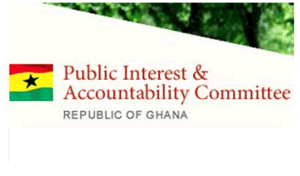 The Public Interest and Accountability Committee (PIAC) has reiterated its commitment to promoting transparency and accountability in the use of petroleum revenues during a public forum held in Asesewa in the Upper Manya Krobo District.
The Public Interest and Accountability Committee (PIAC) has reiterated its commitment to promoting transparency and accountability in the use of petroleum revenues during a public forum held in Asesewa in the Upper Manya Krobo District.
The event, which brought together stakeholders such as think tanks, security agencies, civil society organisations, faith-based groups, and community members, focused on enhancing public understanding of Ghana’s oil resource management and ensuring that oil-funded projects were channelled toward local development priorities.
The PIAC explained that the forum was part of its public engagement mandate under Section 51 of the Petroleum Revenue Management Act, 2011 (Act 815), which established the committee as an independent statutory body tasked with monitoring and evaluating the use of petroleum revenues by government and relevant agencies.
Addressing participants, Upper Manya Krobo District Chief Executive, Mr. Kwesi Lawer, underscored the importance of community involvement in ensuring that petroleum funds were directed toward impactful development.
He stated that the Petroleum Revenue Management Act empowered citizens to demand accountability and fosters dialogue on oil-funded priorities.
“This engagement provides the opportunity for citizens to assess how oil money is being used to address the real needs of communities,” Mr. Lawer said.
He further noted that certain petroleum-funded projects in the district, such as the construction of rural markets and boreholes at the Asesewa Market, as well as roadworks including the Abourso-Asesewa and Korlewa-Apimsu-Sawah-Asesewa roads, remained incomplete despite full payment.
He urged contractors to expedite work and further called on relevant authorities to uphold quality standards.
Speaking on behalf of the PIAC, Mr. Samuel Bekoe, a representative from think tanks, outlined how Ghana’s petroleum was extracted and how revenue was distributed.
He disclosed that Ghana’s three major oil fields- Jubilee, Sankofa-Gye Nyame, and Tweneboa-Enyenra-Ntomme (TEN)- produced over 48.2 million barrels in 2024, generating roughly $1.3 billion in revenue.
“Compare this to the $3 billion loan Ghana is seeking from the IMF, and it tells you that our oil revenue alone is substantial if well managed,” Mr. Bekoe remarked.
PIAC, however, expressed concern over persistent declines in crude oil production and shortfalls in payments.
According to its 2024 report, national production declined by 8.51% from 2023, marking the fifth consecutive year of falling output.
Additionally, the Committee revealed that GNPC Explorco had failed to pay $145 million from its 2024 liftings into the Petroleum Holding Fund, increasing unpaid amounts to over $400 million.
The PIAC stressed that these liftings should not be excluded from public financial oversight, stating that they do not constitute valid payments into the PHF.
The Committee also raised alarms over growing surface rental arrears owed by International Oil Companies, which totalled more than $2.7 million at the end of 2024.
About 88% of this debt is attributed to companies whose Petroleum Agreements were terminated as early as 2021.
Mr. Isaac Dwamena, the Coordinator of PIAC, noted that 2024 was the fifth year in a row without a new Petroleum Agreement being signed, despite efforts by the Ministry of Energy to attract upstream investors.
He highlighted that petroleum revenue had nonetheless risen by 27.8%, from $1.06 billion in 2023 to $1.36 billion in 2024, mainly due to favourable global pricing.
“This performance ranks as the second-highest annual petroleum receipt since production began, with 2022 still being the peak year at $1.42 billion,” Mr. Dwamena added.
PIAC recommended several urgent measures, including recovering rental arrears, prioritising development projects more transparently, and expanding gas infrastructure.
It also called on Parliament to properly enforce capping rules for the Ghana Stabilisation Fund and prevent GNPC from assuming excessive loan obligations.
The forum concluded with a collective call for sustained civic vigilance to ensure that Ghana’s petroleum wealth translates into tangible benefits for communities such as Upper Manya Krobo.
Source: GNA
The post PIAC probes utilisation of petroleum revenue appeared first on Ghana Business News.
Read Full Story


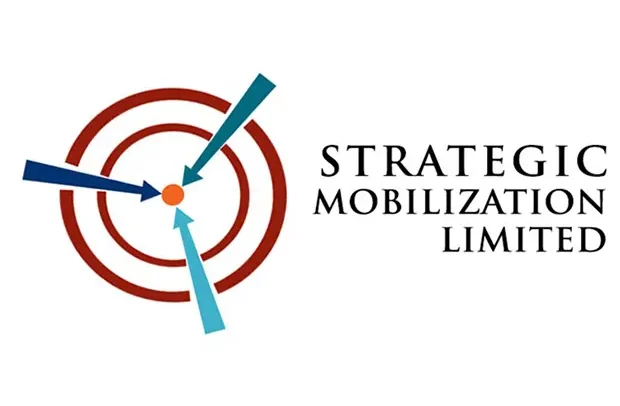
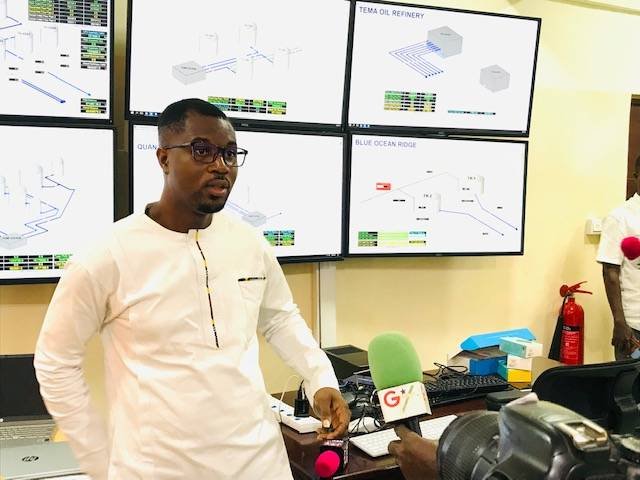
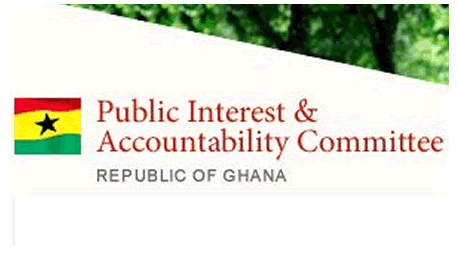


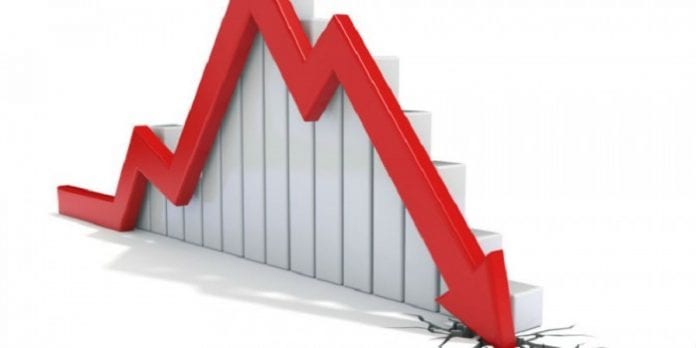
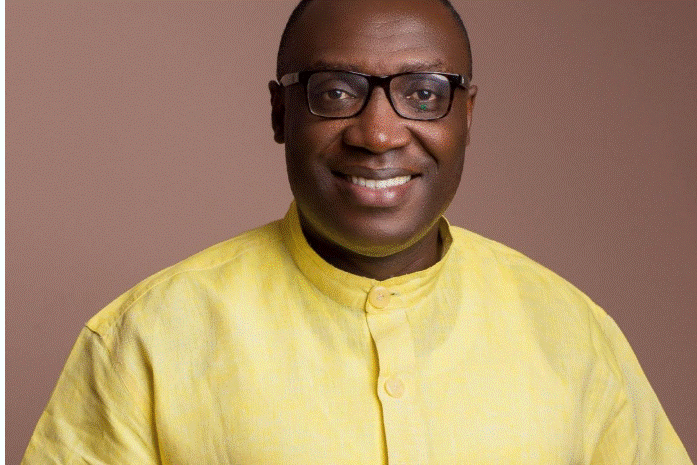
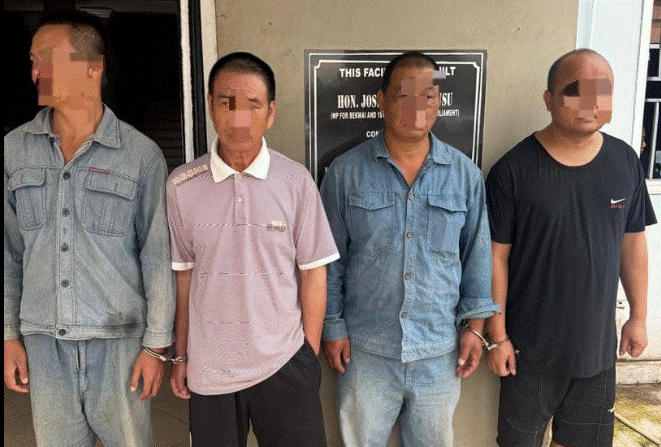
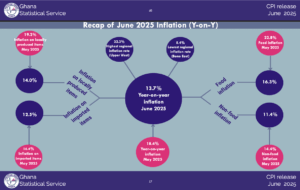



Facebook
Twitter
Pinterest
Instagram
Google+
YouTube
LinkedIn
RSS